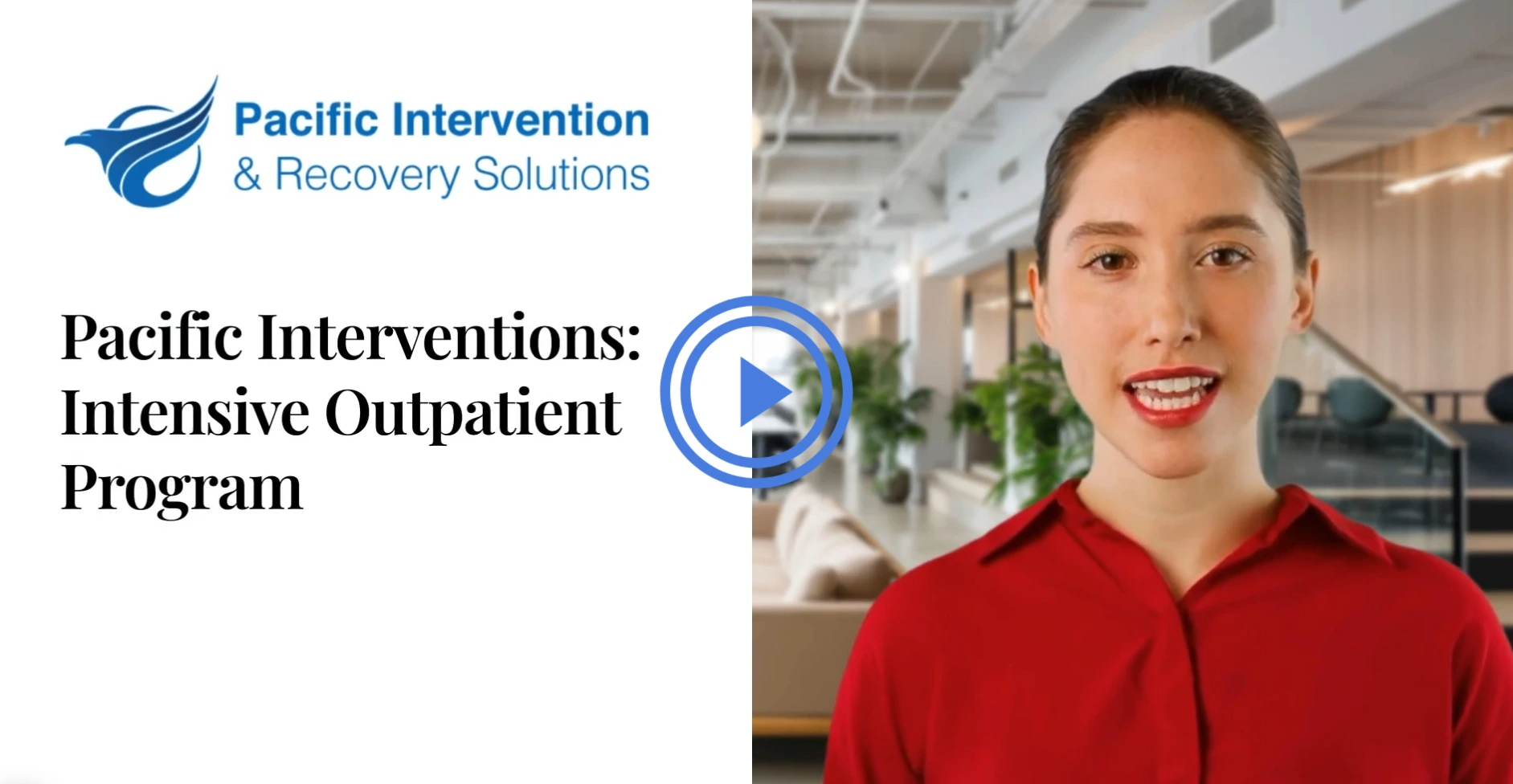What is Withdrawal?
Addiction withdrawal management plays a serious role in a persons ability to get sober. The physical and mental aspects can be overwhelming for most, and fatal at times, if not treated by medical professionals. If you have been using substances with high addictive properties, and or been drinking heavily for any length of time, please contact your local detox or hospital for help. Over the years, I have seen thousands of people in withdrawal. Although symptoms are very similar, a persons ability to deal with the symptoms varies greatly.
Some common symptoms include:
- loss of appetite
- mood swings
- sweating
- shaking
- hallucinations
- hot and cold
- problems sleeping
- vomiting
- sensitivity to sound
These are only some of the symptoms and different substances have different withdrawal characteristics. The amount of use, frequency of use, along with your bodies metabolism determine how you experience symptoms from addiction withdrawal. Anyone thinking of stopping or reducing their intake of substances should speak with a doctor.
What Causes Addiction Withdrawal
When people take substances, they begin to build up a tolerance to that drug. Then this tolerance causes a person to need more of the substance to achieve the same effect. Therefore, creating a dependence upon the substance. When a person is addicted to any substance, the ability to stop is diminished. Thus, the substance dependent person will experience withdrawal symptoms due to a lack of serotonin or dopamine in the brain. Without a doubt, we have all read about or you may have experienced first hand the things an addicted person will do in order to obtain substances. Subsequently, my experience of working with families of addicted loved ones, this phenomenon baffles them. Any person who has not experienced the levels of craving and obsession that accompany withdrawal just do not understand. Attending a Private Family Program can help people to understand more about this topic.
Understanding Physical and Mental Withdrawal
My best explanation to family members, and not to get too descriptive, goes like this: Imagine that you took a whole box of Ex-lax. Then once the product begins to work, you are not allowed to use a bathroom. Also, you are not allowed to think about using a bathroom. This encompasses the physical and mental torture that addicted people go through. The inability to change that one obsessive thought in your head, accompanied by the physical distress that you are experiencing. In this moment you would probably do anything to be able to get to a washroom and be able to return to feeling normal. There is only one solution to a person who is addicted and in the stages of withdrawal, and that is to use again.
Unfortunately, substances cause an euphoric feeling. Thus, even though a person may have experienced the horrors of addiction and what it causes them to do, they will return to that familiar solution of using again. This is where the neurotransmitters act in the reward area of the brain. Fortunately, new neuro pathways can be created with a specific addiction treatment program.
Specific Drug Addiction Withdrawal Symptoms
Alcohol: Many people who are drinking heavily will experience night sweats, hallucinations, agitation, and possible delirium tremens. Withdrawal periods can be anywhere from a few days to over a week with the most severe cases. Post acute withdrawal can last for months once drinking has stopped. Withdrawal symptoms can begin within a six hours of the last drink. Alcohol withdrawal can be fatal and is not to be taken lightly. Professional medical teams should be acquired to assist in the detox.
Cocaine: Cocaine is a stimulant, and withdrawal begins in a few hours after a persons last use. Cravings and irritability begin quickly. Mentally, this drug is very hard to stay stopped when attempting to quit. PAWS (post acute withdrawal symptoms) can last for weeks after stopping use. Individual counseling and recovery methods will aid in a persons success.
Opioids: Withdrawal from opioids is a very physical and mental process. Nausea, vomiting, stomach cramps, and irritability are only a few. There is several medications available to lessen the effects. Although this withdrawal is severe, there has been little evidence of it being fatal. People usually feel better after a few days and within a week, the physical part has subsided. The mental anguish comes with a period of insomnia. The inability to sleep and “jimmy legs” are common longer term symptoms. The use of a medical team is highly recommended when attempting to quit.
Marijuana: Restlessness, irritability, and cravings are a few symptoms experienced. Although some say that this is not an addictive substance, science proves otherwise. Like any drug, long term use creates cravings for a long time. A person will be over the worst symptoms within a couple days, with the remainder subsiding within a couple weeks. Again, the trouble lies within a lack of a long term recovery plan.
Seek Professional Help
No matter what substance you are using, a professional medical team should be present. Minimizing symptoms and having support during this process will increase your chances of achieving your goals for quitting. Addiction withdrawal is the beginning of your journey to recovery, it cannot be avoided, but sobriety can be achieved for everyone.









